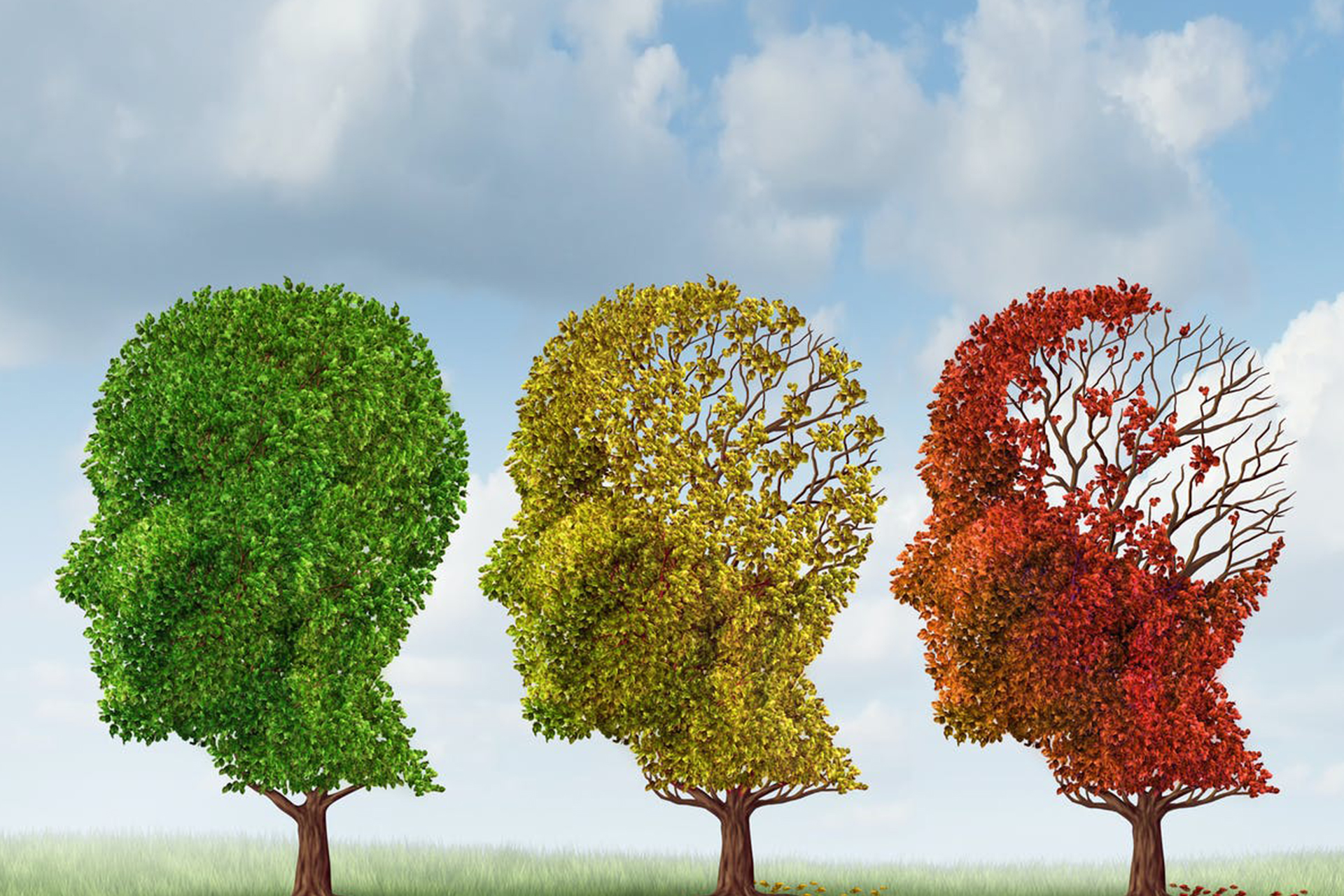
Alzheimer's disease
Alzheimer's disease is a progressive neurologic disorder that causes the brain to shrink (atrophy) and brain cells to die. Alzheimer's disease is the most common cause of dementia — a continuous decline in thinking, behavioral and social skills that affects a person's ability to function independently.
Approximately 5.8 million people in the United States age 65 and older live with Alzheimer's disease. Of those, 80% are 75 years old and older. Out of the approximately 50 million people worldwide with dementia, between 60% and 70% are estimated to have Alzheimer's disease.
The early signs of the disease include forgetting recent events or conversations. As the disease progresses, a person with Alzheimer's disease will develop severe memory impairment and lose the ability to carry out everyday tasks.
Medications may temporarily improve or slow progression of symptoms. These treatments can sometimes help people with Alzheimer's disease maximize function and maintain independence for a time. Different programs and services can help support people with Alzheimer's disease and their caregivers.
There is no treatment that cures Alzheimer's disease or alters the disease process in the brain. In advanced stages of the disease, complications from severe loss of brain function — such as dehydration, malnutrition or infection — result in death.
Symptoms
Memory loss is the key symptom of Alzheimer's disease. Early signs include difficulty remembering recent events or conversations. As the disease progresses, memory impairments worsen and other symptoms develop.
At first, a person with Alzheimer's disease may be aware of having difficulty remembering things and organizing thoughts. A family member or friend may be more likely to notice how the symptoms worsen.
Brain changes associated with Alzheimer's disease lead to growing trouble with:
Memory
Everyone has occasional memory lapses, but the memory loss associated with Alzheimer's disease persists and worsens, affecting the ability to function at work or at home.
People with Alzheimer's may:
- Repeat statements and questions over and over
- Forget conversations, appointments or events, and not remember them later
- Routinely misplace possessions, often putting them in illogical locations
- Get lost in familiar places
- Eventually forget the names of family members and everyday objects
- Have trouble finding the right words to identify objects, express thoughts or take part in conversations
Thinking and reasoning
Alzheimer's disease impairs concentration and thinking, particularly when it comes to abstract notions like numbers.
Multitasking is particularly difficult, and managing finances, balancing chequebooks, and paying payments on time can be difficult. A person with Alzheimer's disease may eventually lose the ability to recognise and cope with numbers.
Making judgments and decisions
Alzheimer's disease impairs one's capacity to make sound assessments and decisions in everyday situations. A person may, for example, make bad or unusual decisions in social encounters or dress inappropriately for the weather. It may be more difficult to respond efficiently to ordinary concerns such as a stove that is burning or unexpected driving scenarios.
Planning and performing familiar tasks
As the condition progresses, simple activities that involve sequential processes, such as planning and making a meal or playing a favourite game, become difficult. People with advanced Alzheimer's disease frequently lose their ability to do basic actions such as dressing and bathing.
Make an Appoinment